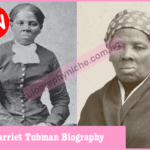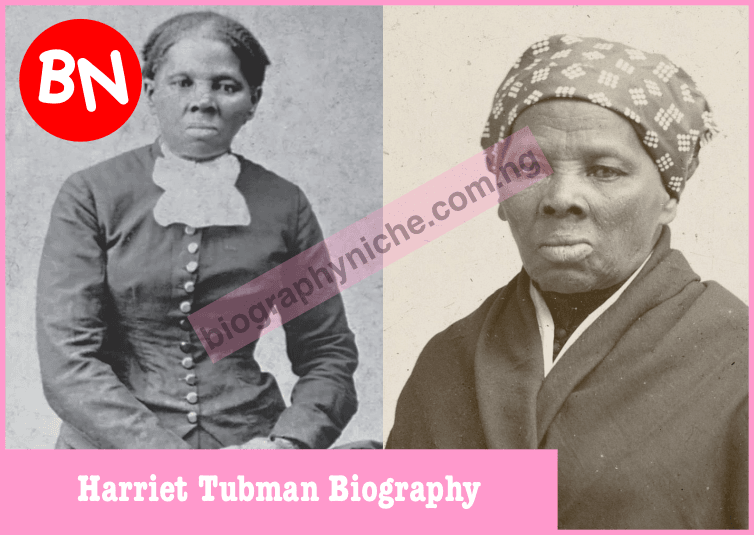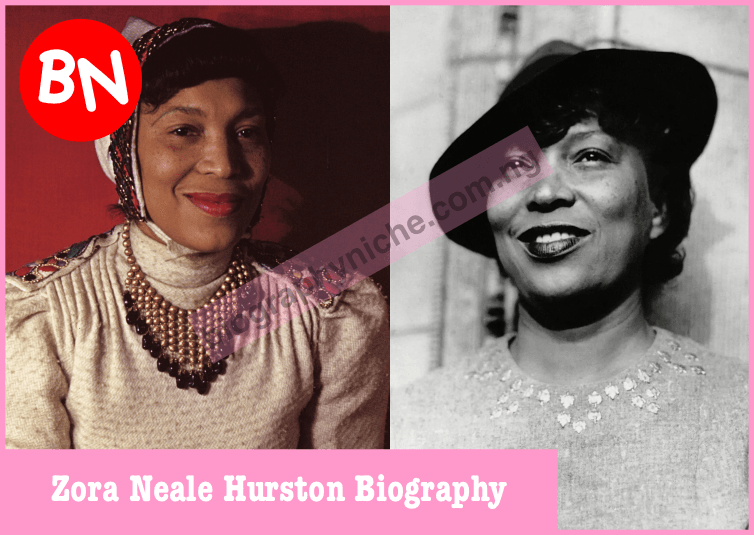Black History Month – Thi is an annual celebration of African American achievements, contributions, and struggles. This article explores its origins, common myths, and fascinating facts about this important observance.
- Quick Facts About Black History Month
- Key Takeaways
- Origins of Black History Month
- The Role of Carter G. Woodson
- Negro History Week (1926)
- Expansion to Black History Month
- Common Myths About Black History Month
- Myth 1: “BHM is Only About Slavery”
- Myth 2: “BHM is Only for Black People”
- Myth 3: “Black History Month Shouldn’t Exist Because Black History is American History”
- Myth 4: “Black Hist. Month is No Longer Necessary”
- Interesting Facts About Black History Month
- 1. Black Hist. Month Has an Annual Theme
- 2. Other Countries Also Observe Black History Month
- 3. The Civil Rights Movement Helped Expand the Celebration
- 4. Black History Month Has Reached Space
- 5. Schools, Corporations, and the Government Recognize It
- Why Black History Month Still Matters Today
- 1. Educational Impact
- 2. Representation in Media and Literature
- 3. Addressing Racial Inequality
- 4. Encouraging Future Generations
- Conclusion
- FAQs
Black Hist. Month is a time dedicated to honoring the achievements, contributions, and historical struggles of Black individuals throughout history. It is recognized annually in February in the United States and Canada, while in the United Kingdom, Ireland, and the Netherlands, it is observed in October.
The month serves as an opportunity to acknowledge the rich cultural heritage, resilience, and progress of Black communities while also addressing historical injustices. Over the years, Black Hist. Month has grown beyond schools and community organizations to include corporate initiatives, media campaigns, and global recognition.
Understanding the origins of Black History Month, debunking common myths, and learning interesting facts about its observance can deepen our appreciation for this vital commemoration.
Quick Facts About Black History Month
| Category | Details |
|---|---|
| Founded By | Carter G. Woodson |
| First Observed | 1926 (as Negro History Week) |
| Officially Recognized | 1976 (as Black History Month in the U.S.) |
| Observed In | United States, Canada (February); United Kingdom, Ireland, Netherlands (October) |
| Theme (2024) | “African Americans and the Arts” |
| Purpose | To honor and educate about the history, achievements, and struggles of Black communities. |
| Common Myths | “It’s only about slavery,” “It’s just for African Americans,” “It’s no longer necessary” |
Key Takeaways
- Black Hist. Month was founded by Carter G. Woodson to promote Black achievements and historical awareness.
- It started as Negro History Week in 1926 and became a month-long celebration in 1976.
- The month is observed in February in the U.S. and Canada, and October in the U.K., Ireland, and the Netherlands.
- Each year, there is a specific theme chosen to highlight different aspects of Black history.
- Despite misconceptions, Black Hist. Monthh is not just about slavery—it celebrates all aspects of Black contributions to society.
Origins of Black History Month
The Role of Carter G. Woodson
Black Hist. Month traces its origins to Carter G. Woodson, an African American historian often called the “Father of Black History.” Woodson recognized that Black Americans were largely excluded from history books and mainstream education.
In response, he founded the Association for the Study of Negro Life and History (ASNLH) in 1915 (now called the Association for the Study of African American Life and History, ASALH). The organization focused on documenting and promoting Black historical contributions.
Negro History Week (1926)
In 1926, Woodson launched Negro History Week, choosing the second week of February to coincide with the birthdays of Frederick Douglass (February 14) and Abraham Lincoln (February 12)—two figures significant to Black history.
The goal of Negro History Week was to encourage Black scholars and educators to teach Black history in schools, churches, and communities. Over time, the celebration gained national attention.
Expansion to Black History Month
During the Civil Rights Movement of the 1960s, the call for expanded Black history education grew stronger. Activists, educators, and students began celebrating Black achievements for the entire month of February.
In 1976, during the U.S. Bicentennial Celebration, President Gerald Ford officially recognized Black Hist. Month, urging Americans to honor the achievements of Black individuals who had been overlooked in traditional history.
Since then, Black Hist. Month has been observed annually, with governments, schools, and cultural institutions participating in its recognition.
Common Myths About Black History Month
Despite its significance, Black Hist. Month is surrounded by several myths that can distort its purpose.
Myth 1: “BHM is Only About Slavery”
One of the biggest misconceptions is that Black Hist. Month focuses solely on slavery and oppression. While the struggles of enslaved Africans are a crucial part of history, the month also highlights Black excellence in art, science, sports, politics, and other fields.
Myth 2: “BHM is Only for Black People”
Another false belief is that Black Hist. Month is exclusively for Black individuals. In reality, it is a national observance that encourages everyone to learn about and appreciate Black history.
Myth 3: “Black History Month Shouldn’t Exist Because Black History is American History”
While Black history is an integral part of American history, historical exclusion from textbooks and public narratives made it necessary to establish Black Hist. Month. The month serves as a dedicated time to correct historical oversights.
Myth 4: “Black Hist. Month is No Longer Necessary”
Some people argue that because society has made racial progress, Black History Month is no longer needed. However, racial disparities in education, employment, and representation persist, making the month relevant as ever.
Interesting Facts About Black History Month
1. Black Hist. Month Has an Annual Theme
Each year, the Association for the Study of African American Life and History (ASALH) selects a theme for Black History Month. The 2024 theme is “African Americans and the Arts”, celebrating Black contributions to music, literature, visual arts, and cultural movements.
2. Other Countries Also Observe Black History Month
While it started in the U.S., Black History Month is also observed in:
- Canada (February)
- United Kingdom (October)
- Ireland (October)
- Netherlands (October)
3. The Civil Rights Movement Helped Expand the Celebration
In the 1960s, college students and activists demanded more Black representation in education, leading to the expansion of Negro History Week into a full month.
4. Black History Month Has Reached Space
Astronaut Dr. Mae Jemison, the first Black woman in space, honored Black Hist. Month while aboard the Space Shuttle Endeavour in 1992.
5. Schools, Corporations, and the Government Recognize It
Many schools integrate Black history into their curriculum, while companies and government institutions hold special events, lectures, and exhibits.
Why Black History Month Still Matters Today
1. Educational Impact
Many students first learn about the significant contributions of Black individuals during Black Hist. Month. Schools use this time to introduce figures like Harriet Tubman, Martin Luther King Jr., and Malcolm X, alongside inventors, scientists, and artists.
2. Representation in Media and Literature
The entertainment and publishing industries use Black Hist. Month to highlight Black filmmakers, authors, and musicians, increasing representation in mainstream culture.
3. Addressing Racial Inequality
Even today, disparities in wealth, healthcare, education, and policing disproportionately affect Black communities. Black Hist. Month helps shine a light on these issues.
4. Encouraging Future Generations
Recognizing the achievements of Black figures inspires young people of all backgrounds to pursue their dreams and contribute positively to society.
Conclusion
Black History Month is more than just a yearly observance—it is a time of reflection, education, and celebration. By understanding its origins, debunking myths, and appreciating the many contributions of Black individuals, we help ensure that history remains inclusive and truthful.
FAQs
1. Who created Black Hist. Month?
Carter G. Woodson founded it as Negro History Week in 1926, and it later expanded into a month-long observance.
2. Why is Black Hist. Month in February?
Woodson chose February because it coincides with the birthdays of Frederick Douglass and Abraham Lincoln, both significant figures in Black history.
3. Is Black Hist. Month only for African Americans?
No, Black Hist. Month is for everyone. It encourages people of all backgrounds to learn about Black history and contributions.
4. Why do the UK and other countries celebrate it in October?
The UK chose October because it aligns with the start of the academic year, making it easier to integrate into school curriculums.
5. What is the theme for Black Hist. Month 2024?
The theme for 2024 is “African Americans and the Arts”, celebrating Black contributions in music, literature, theater, and more.

 Early Life, Death" loading="lazy" width="180" height="120">
Early Life, Death" loading="lazy" width="180" height="120">
 Early Life, Facts" loading="lazy" width="180" height="120">
Early Life, Facts" loading="lazy" width="180" height="120"> Wiki" loading="lazy" width="180" height="120">
Wiki" loading="lazy" width="180" height="120">







